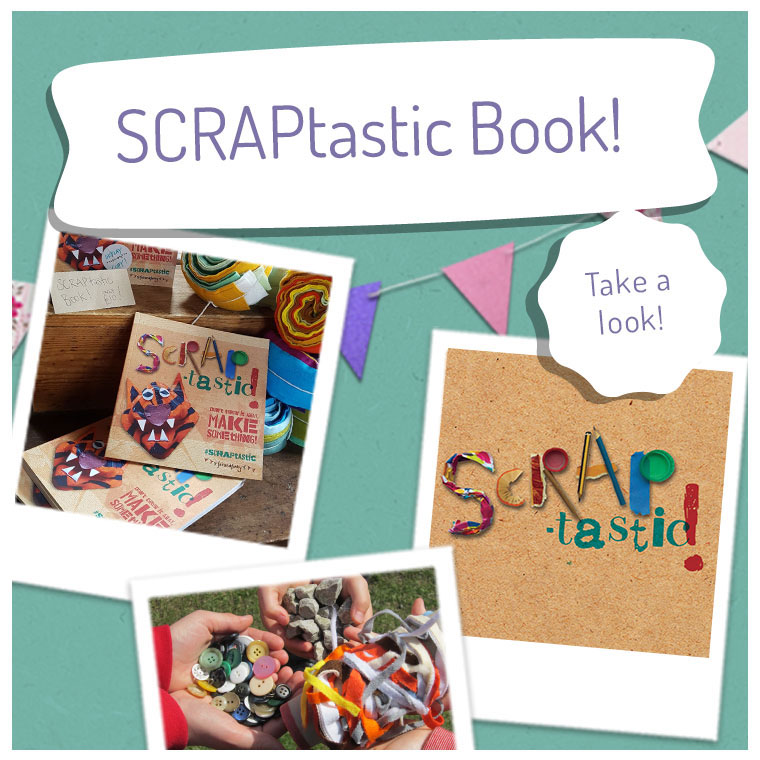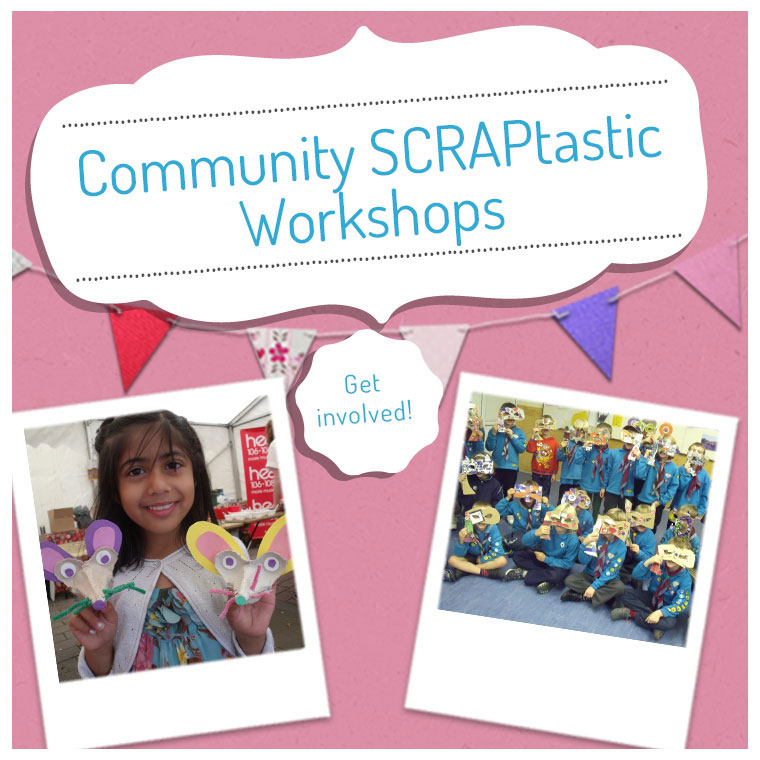











As Fairtrade Conference season begins we welcome Ramona Hirschi, owner and MD of Little Trove to the guest blog. Ramona has written a series of blogs: “The Heartbeat of Fair Trade” where she gives her insight into what goes on behind each of the fair trade principles from the WFTO. This first guest blog looks at the first two principles:
“Principle 1: Creating opportunities for disadvantaged groups in the developing world.
Simply put, we should create trade opportunities with people who are otherwise overlooked. We should go to rural parts of the world and help disadvantaged producer groups access the world market. We should look to import goods from a wide variety of communities.
This is what Little Trove and other fair trade companies are doing. I travel to remote parts of India and Indonesia to look for communities that need income. If they can make some products that have potential, I will help them with design ideas, make modifications to existing products and give them whatever necessary advice to get good quality products to import to the UK. The goods are then sent to our trade customers who sell to the public. When our trade customers re-order goods, more orders and monies are sent to the producers. The producers can increase production, increase the number of people working and ultimately improve their lives.
Sure, it’s tough to have to do “extra” work helping people develop products. Sure it takes longer to develop items. But it’s the only way that people on the fringes can be brought into the global economy. Trade left on its own will not naturally gravitate towards these rural groups. Businesses have to consciously decide to do it despite the tougher challenges and higher costs. I believe strongly we cannot settle for a low cost economy. We must recognise that our fellow human beings in many parts of the world make products that will enhance our lives. We must create economic opportunities for the disadvantaged.
Principle Two: Transparency and Accountability
As a fair trade organisation, Little Trove has clear policies, employee handbooks, operations manuals and staff meetings where staff are fully informed of management procedures. Being a small company, staff are constantly involved in the decision making on products, design and anything else that affects their work and our business.
In relation to our producers, we communicate clearly with them, setting down expectations, keeping in regular contact, keeping lines of communication clear so that any problems or challenges can be overcome together, visiting groups on the ground to show them other products we promote, keeping them informed of our marketing plan to promote their goods and answering any questions they have.
We also encourage all our producers to be transparent and accountable too. We ask all of them to provide us with information and photographs regarding their workers, working conditions, wages, any events or training they hold for employees, any environmentally-friendly initiatives they carry out as well as any employee participation initiatives or profit sharing they do. We cannot expect that all producer groups are aware of all aspects of fair trade or that they are 100% compliant with all principles. By being transparent about what’s expected, we aim to move the producer groups towards greater transparency too.
Being transparent and accountable is not the usual way of doing business in Asia or Africa. There is secrecy at all levels. You will find that many Asian and African countries are highly corrupt often with mega rich politicians and businessmen. Outside their affluent neighbourhoods, you’ll find the dirt poor. The wealth isn’t evenly distributed. What’s worse is that there isn’t even the appetite to distribute it evenly. The rich get richer and don’t seem bothered about the poor in their countries.
Bribery and corruption is a common problem. Fair trade organisations that work in that environment are going against the grain by staying on the straight and narrow. Being transparent reduces levels of corruption. I will certainly not pay any bribes. I was once asked by an Indonesian producer whether I wanted 3 invoices; one for customs under-declaring the goods, one for the insurers over-declaring the goods and a third for us to use correctly listing the products. My answer was quite simple: No!”
All content is by Ramona Hirschi, Owner & MD of Little Trove. The blogs have been edited by fairandfunky – to read the original blog in full please visit http://www.littletrove.com/blog/